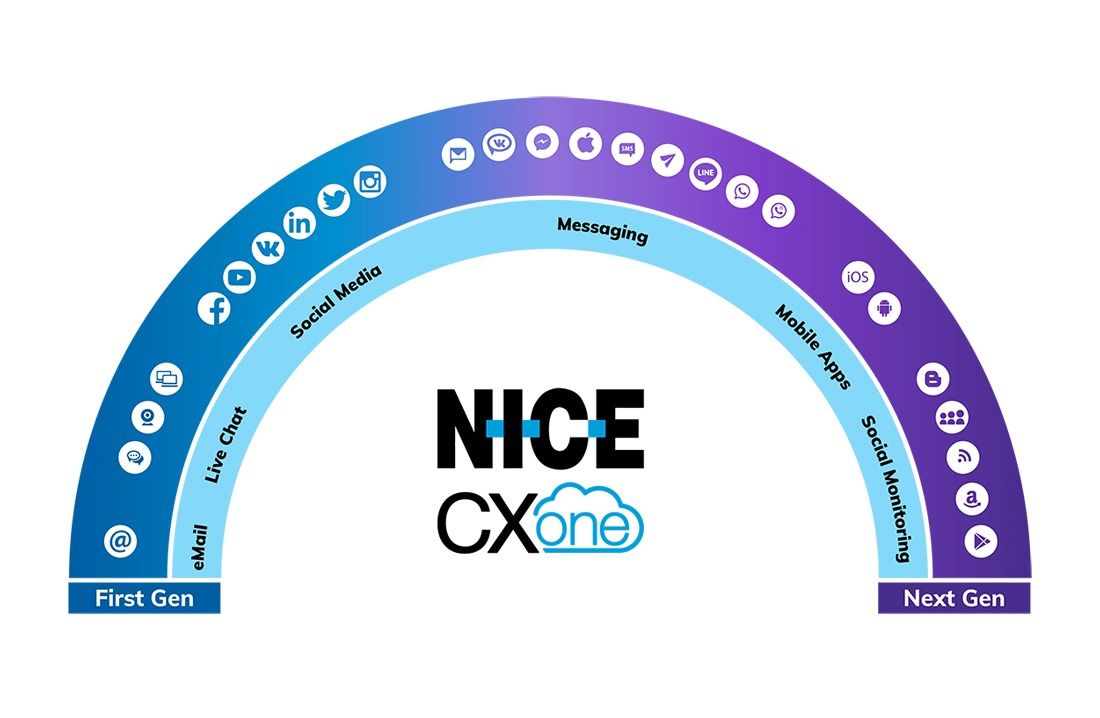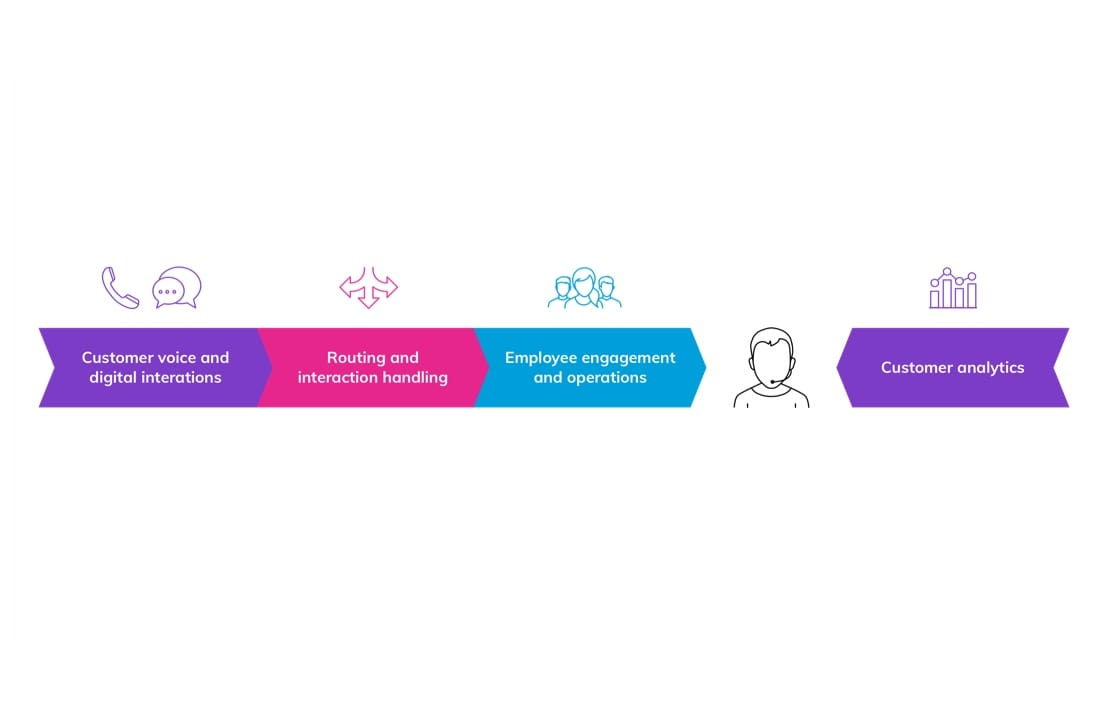Are you meeting customer expectations? A case for digital customer service.
Digital customer service has quickly become a key part of comprehensive omnichannel support strategies. Offering both self-service and agent-assisted options, digital customer service appeals to consumers' desire for choice regarding how they interact with businesses and for speed of resolution. Plus, as "digital native" Gen Z and Millennials move up through the consumer hierarchy, their preferences are quickly making digital customer service a mandate for companies that want their business.
The term "digital customer service" encompasses a wide range of support options in varying degrees of maturity, but all relying on a digital platform to operate. This means customers access services from internet-connected devices such as tablets and smartphones. Self-service digital channels range from simple FAQs on corporate websites to sophisticated apps. Higher touch agent-assisted options include more established channels like email and chat, as well as emerging channels like private social messaging. Many businesses are also turbocharging their digital support channels by adding artificial intelligence (AI) to the mix. For example, chatbots can try to solve a customer's problem before elevating the chat session to a live agent for resolution.
Is digital customer service worth the effort?
Wholeheartedly adopting digital customer service channels comes with some obvious complexities. There are significant impacts to technology, processes, and employee skillsets, requiring contact centers to transform into digital first omnichannel support centers. Some businesses may question the payoff. Is it worth it?
Our research says "yes," and it all has to do with trending consumer preferences and the value customers place on choice.
It's probably no surprise that Gen Z and Millennials are adopting newer digital service channels at higher rates than their older counterparts. For example, these digital natives are much more likely to have used social messaging apps, such as Facebook Messenger, to interact with businesses. They are also more likely to have used AI and to think AI-enabled chatbots make issue resolution quicker and easier. And here's the clincher - younger consumers that have exceptional customer experiences are likely to spend more money with that business and share positive comments on social media.
The signs are clear - consumers expect and value digital customer service. Businesses need to thoughtfully incorporate digital channels into their service models and continue to evolve as their customers do.







